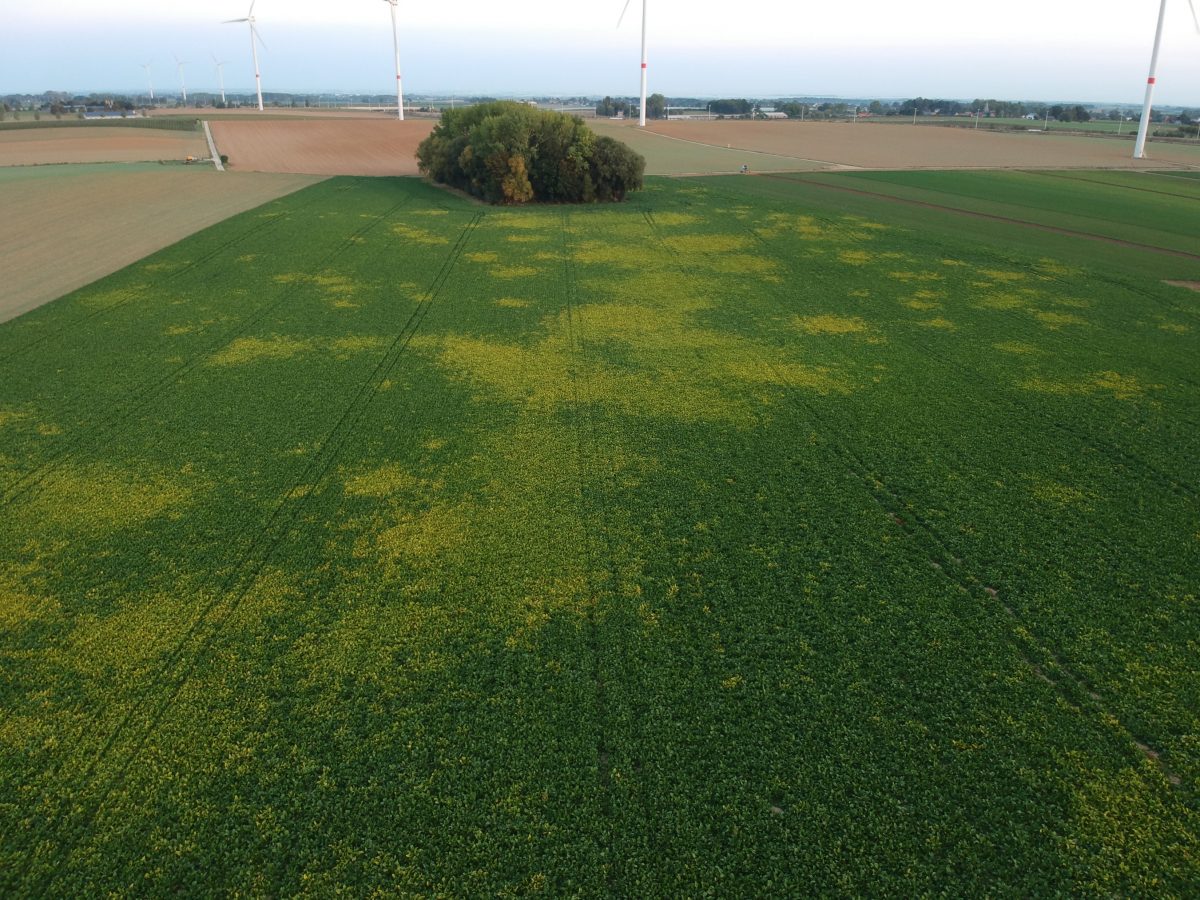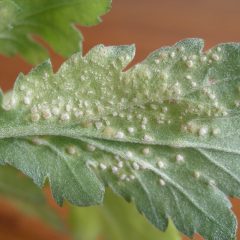Research project Sustainable management of yellowing viruses in sugar beet

General introduction
Most sugar beet growing regions in Europe have problems with yellowing disease, which may be caused by several plant viruses. The aim of the Virbicon project (LA pathway) aims to develop a sustainable and integrated control strategy for viral yellowing disease in sugar beet, based on a number of pillars of Integrated Pest Management: prevention, monitoring, biological aphid control, biological virus control and, when really necessary, chemical control. This disease is currently causing yield losses, lower sugar contents and poorer industrial quality of the beets.
Research approach
Step by step, researchers are moving toward their goal: They are biologically mapping the viral disease and exploring its virulence. They explore prevention options, and they develop control practices. These practices must then be implementable, and thus integratable under field conditions. Finally, knowledge transfer and demonstration of research results is also an inherent part of the research approach.
Relevance/Valorization
This pathway is expected to result in adequate, sustainable control of yellowing disease in sugar beet. We expect that by the end of this project, growers will have new, effective strategies to sustainably improve the control of yellowing viruses in sugar beet. The researchers plan to determine and communicate the socioeconomic benefits of integrated control, ensuring crop productivity and harvest security with minimal environmental impact. Given the expressed interest and urgent industry demand for adequate resources, widespread implementation of the formulated advice and developed methods is likely. From the plant disease science side, it seems that certain methods can also be used to support a sustainable control of yellowing viruses in other crops such as oilseed rape or cereals.
Financing
VLAIO









